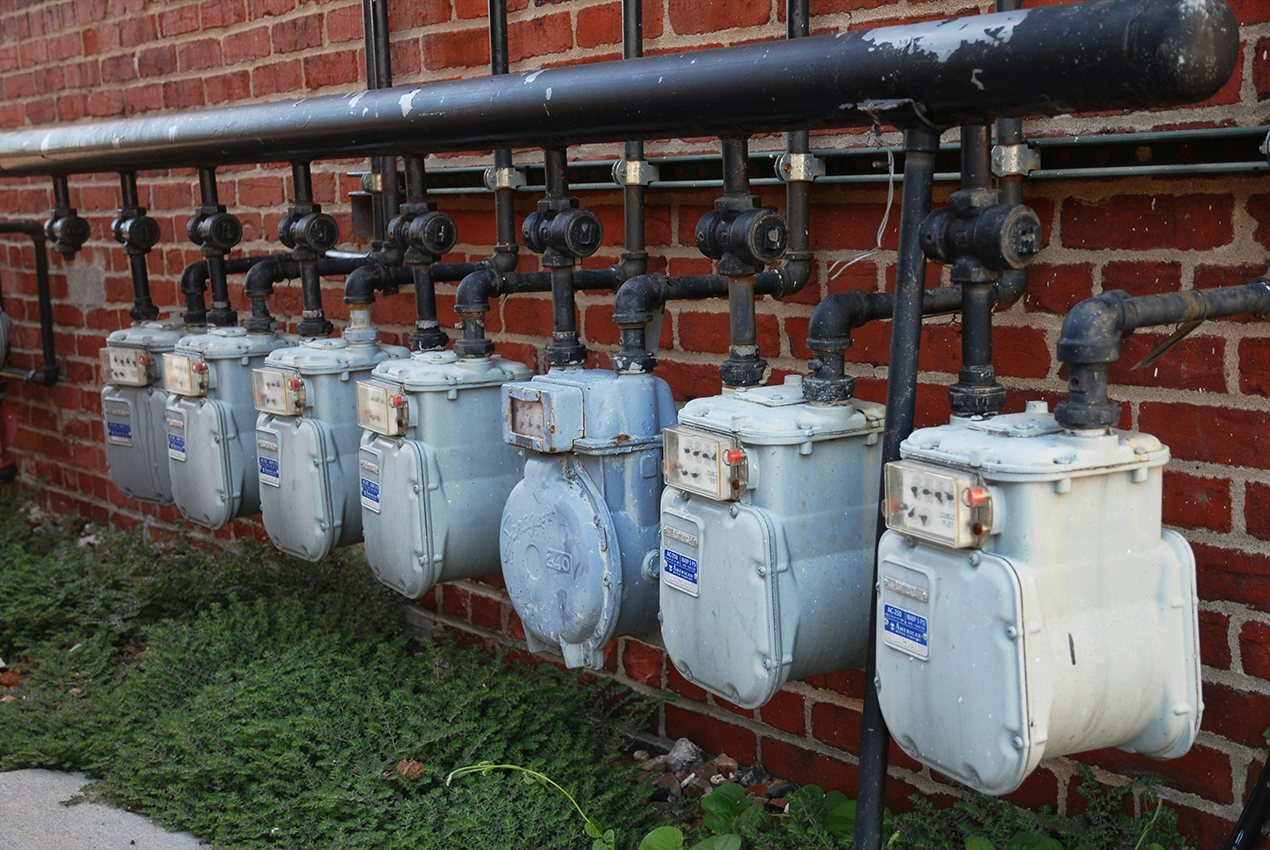News
France: Improve Energy Efficiency and Encourage the Development of Renewable Energy
Like some other countries in Western
Europe, France is a large oil consumer and at the same time an oil-poor
country. France's oil resources are very limited. Less than 2 million tons of
crude oil are mined in the country every year, but its demand reaches about 100
million tons. The oil it needs basically relies on imports. In 2004, France's
oil consumption was 94 million tons and natural gas consumption was 48.2
billion cubic meters. The rising crude oil prices in the international market
have had a serious impact on the French economy. The French government has
introduced a number of "fuel consumption reduction measures" to deal
with high oil prices.
1. Political aspects
France actively carries out energy
diplomacy, establishes regional cooperation organizations, and strengthens
bilateral cooperation plans with primary product producing and consuming
countries. The first is to strengthen energy cooperation with Iran, and
secondly, it is committed to investment and development in Gulf oil-producing
countries such as Saudi Arabia and Oman. France's Total has negotiated with
Saudi Arabia on natural gas field development projects and has passed Saudi
Arabia's investment qualifications. Pretrial. The third is to establish a
strategic partnership with Russia. In 2002, France, Germany, Italy and Russia
invested a total of US$2 billion to build natural gas pipelines to jointly
combat risks in resource supply.
2. Economic aspects
The government implements preferential
energy policies through legislation, taxation, finance and other economic means
to speed up the process of replacing conventional energy with renewable energy.
The first is to launch a "clean car tax exemption policy", that is,
French citizens who purchase "clean cars" with low energy consumption
and low pollution can enjoy a tax exemption of 1,525 to 2,000 euros. At the
same time, in order to limit the use of highly polluting large vehicles, the
French government will double the driving license fee for 8% of vehicles, while
the driving license fees for other vehicles will remain unchanged. The second
is to encourage the use of biofuels. In 1976, the French government made the
decision to develop nuclear power on a large scale. Nuclear energy has now
become one of the main sources of energy in France. The electricity produced by
the country's 59 nuclear power units accounts for 75% of France's total power
generation. The nuclear power industry has greatly reduced France's dependence
on oil. However, due to safety and environmental considerations, the French
government is preparing to phase out its nuclear power plan in phases and
support the development of biofuels. Using biofuels to replace traditional
energy sources such as petroleum and coal can save France 11 million tons of
crude oil imports every year. The French government strives to increase the
proportion of biofuels in total fuel consumption to 5.75% in 2008 and become
the world's largest biofuel. Fuel country.
3. Energy imports
Paying attention to the multiple channels
and diversification of sources of oil and natural gas imports is also one of
France's important measures to deal with high oil prices. France's natural gas
supply mainly comes from four channels, namely the North Sea, the Netherlands,
Russia and Algeria. Oil is mainly imported from the North Sea, the Middle East,
Africa and other places, reducing overreliance on a single energy variety and
moving the energy structure distribution towards a more balanced direction.

RELATED NEWS
- Canada is Becoming one of the World's Largest and Most Important Diamond Produce
- EU Plans to Narrow Differences in Diesel Consumption Taxes among Member States
- EU Announces the Establishment of a Special Energy Fund of 2.3 Billion Euros
- US Says Rising Oil Prices Have Led to Global Trade Imbalances
- Qatar Petroleum Faces EU Antitrust Investigation
